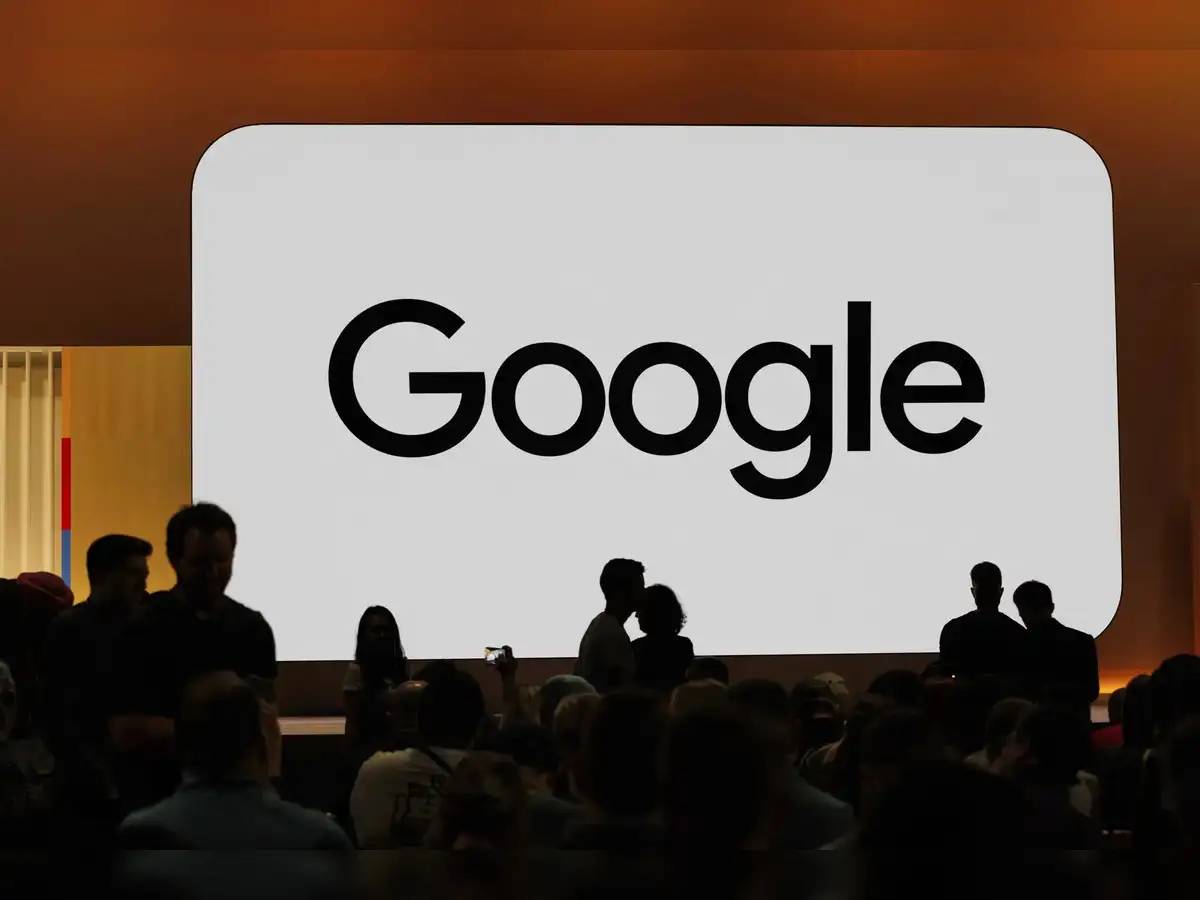The United States Supreme Court has declined to block a lower court order requiring Google to make sweeping changes to its Android app store, setting the stage for one of the most significant antitrust-driven overhauls in the tech industry in recent years.
The decision comes in the wake of a years-long legal battle between Google and Epic Games, the maker of Fortnite, which challenged Google’s dominance over app distribution and in-app payments on Android devices. By refusing Google’s request to stay the injunction, the Supreme Court has effectively allowed the reforms to take effect as scheduled, even as Google continues to appeal the underlying decision.
Background to the Ruling
The dispute began in 2020, when Epic Games launched lawsuits against both Apple and Google after its flagship game Fortnite was removed from their respective app stores. Epic had attempted to bypass the mandatory in-app payment systems imposed by both companies, which take a commission of up to 30% on purchases. While Epic’s challenge against Apple led to a mixed outcome, the Google case has unfolded very differently.
In December 2023, a jury found that Google had violated U.S. antitrust laws by maintaining an illegal monopoly over Android app distribution. Evidence presented during the trial revealed that Google engaged in exclusionary practices to keep competitors out of the Android app ecosystem and maintain its dominance over app payments.
Following the verdict, U.S. District Judge James Donato issued an injunction in October 2024 that mandated a series of reforms designed to increase competition and reduce Google’s control over Android app distribution.

Key Reforms
The injunction, now allowed to proceed by the Supreme Court, requires Google to allow alternative app stores to operate on Android devices. This means that users will be able to download and use app stores other than Google Play, and developers will be able to distribute their apps outside of Google’s infrastructure more easily.
Perhaps most notably, the ruling forces Google to permit developers to offer in-app purchases through external payment systems. This directly challenges Google’s longstanding business model, which collects substantial revenue through commissions on in-app purchases processed through its own billing system.
Additionally, Google must refrain from offering financial incentives or contractual agreements to developers that discourage them from using or promoting alternative distribution methods.
These changes are expected to roll out in phases, with external payment options slated to be enabled later this month, and full support for third-party app store integration expected by mid-2026.
Google’s Response and Concerns
Google has strongly opposed the injunction, arguing that the mandated changes could compromise user safety and security. According to the company, opening Android devices to third-party app stores and payment systems increases the risk of malware, fraud, and privacy violations, as Google would no longer have full oversight over app vetting and transaction processes.
The tech giant also maintains that it has already introduced measures to provide developers with more flexibility, including reduced commission rates for smaller developers and pilot programs that allow limited use of external billing systems.
Despite these arguments, the courts have so far sided with Epic Games and other critics who claim that Google’s policies have unfairly limited competition and inflated costs for developers and consumers alike.
Implications for the Tech Industry
The Supreme Court’s decision to let the injunction stand, at least for now, marks a turning point in how U.S. courts and regulators are approaching Big Tech and platform monopolies. It reinforces the idea that dominant digital platforms must allow room for fair competition, even if doing so disrupts long-standing business models.
The ruling could have far-reaching implications not only for Google but for other tech giants that operate closed ecosystems. Apple, which won a partial victory in a similar case brought by Epic, may face renewed scrutiny in light of this decision. Other developers and regulators around the world are also watching closely, as similar issues are being debated in Europe, India, and elsewhere.
For app developers, the reforms promise more freedom to choose how and where they distribute their products, potentially lowering costs and increasing revenue. For consumers, the changes may lead to more app options, better prices, and alternative payment methods.
However, the transition is likely to be complex. Google will need to re-engineer core parts of the Android operating system and establish safeguards to prevent abuse on new app distribution channels. Additionally, the company is expected to file a full appeal to the Supreme Court by late October, which could prolong the legal battle and create uncertainty around enforcement.
What Comes Next
With the immediate stay denied, Google must now begin implementing the court-mandated reforms. A compliance committee will monitor the rollout, ensuring that Google meets deadlines and adheres to the court’s terms.

At the same time, the tech industry will be closely watching whether these changes fundamentally reshape the app ecosystem—or if dominant players find new ways to maintain control. The case will also serve as a litmus test for how U.S. antitrust laws can be applied to digital platforms in the 21st century.
In the short term, developers are expected to begin experimenting with alternative payment systems and distribution methods. Some, like Epic Games, are already preparing to launch competing app stores on Android. Others may wait to see how Google implements the changes and whether the reforms truly level the playing field.
As the broader legal and technological landscape evolves, one thing is clear: the Supreme Court’s decision has opened the door to a new era of app store competition on Android—and potentially far beyond.











